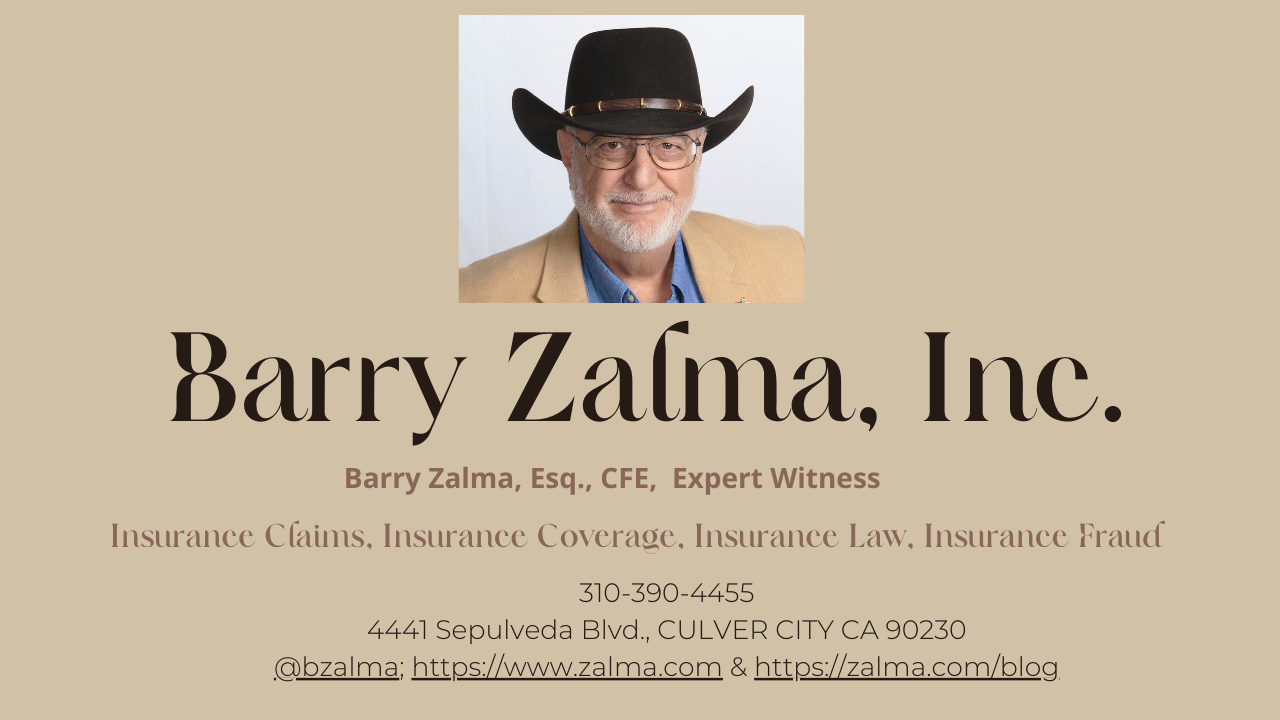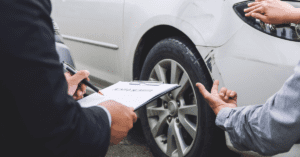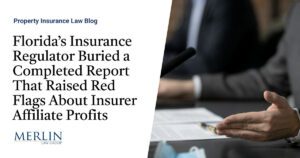New Insurance Book: “The Examination Under Oath to Resolve Insurance Claims”

A Tool Available to Insurers to Thoroughly Investigate Claims and Work to Defeat Fraud
The insurance Examination Under Oath (“EUO”) is a condition precedent to indemnity under a first party property insurance policy that allows an insurer to compel an insured to submit to questioning from a representative of the insurer under oath. It is a formal type of interview authorized by an insurance contract. The EUO is taken under the authority provided by the agreement of the insured when he, she or it acquires a policy of insurance, to submit to the requirement of the insurer that the insured appear and give sworn. Failure to appear and testify is considered a breach of a material condition that can cause the insured to lose the right to indemnity.
The EUO is conducted before a notary and a certified shorthand reporter. The reporter is present to give the oath to the person interviewed and record the entire conversation and prepare a transcript, in question and answer format, to be read, reviewed, corrected and signed by the witness under penalty of perjury or by an oath taken before a notary or judge.
The EUO is a tool sparingly used by insurers in the United States. A professional insurer will only require an insured to submit to an EUO when a thorough claims investigation raises questions:
about the application of the coverage to the facts of the loss,
the potentiality that a fraud is being attempted, or
to assist the insured in the obligation to prove to the insurer the cause and amount of loss.
Although seldom used the EUO is an important tool needed by insurers when there is a question of coverage, destruction of evidence needed to prove a compensable loss or the amount of loss or evidence indicating the potential that a fraud is being attempted.
The Reason for the Examination Under Oath
In 1884, the U.S. Supreme Court explained the purpose of the EUO, as follows:

“The object of the provisions in the policies of insurance, requiring the assured to submit himself to an EUO, to be reduced to writing, was to enable the company to possess itself of all knowledge, and all information as to other sources and means of knowledge, in regard to the facts, material to their rights, to enable them to decide upon their obligations, and to protect them against false claims. And every interrogatory that was relevant and pertinent in such an examination was material, in the sense that a true answer to it was of the substance of the obligation of the assured. A false answer as to any matter of fact material to the inquiry, would be fraudulent. If it made, with intent to deceive the insurer, would be fraudulent. If it accomplished its result, it would be a fraud effected; if it failed it would be a fraud attempted. And if the matter were material and the statement false, to the knowledge of the party making it, and willfully made, the intention to deceive the insurer would be necessarily implied, for the law presumes every man to intend the natural consequences of his acts. No one can be permitted to say, in respect to his own statements upon a material matter, that he did not expect to be believed; and if they are knowingly false and willfully made, the fact that they are material is proof of an attempted fraud, because their materiality, in the eye of the law, consists in their tendency to influence the conduct of the party who has an interest in them, and to whom they are addressed.” [Claflin v. Commonwealth Ins. Co., 110 U.S. 81, 3 S.Ct. 507, 28 L.Ed. 76 (1884)] (Emphasis added)
Available as a Kindle book Available as a paperback. Available as a hardcover.

(c) 2022 Barry Zalma & ClaimSchool, Inc.
Barry Zalma, Esq., CFE, now limits his practice to service as an insurance consultant specializing in insurance coverage, insurance claims handling, insurance bad faith and insurance fraud almost equally for insurers and policyholders. He practiced law in California for more than 44 years as an insurance coverage and claims handling lawyer and more than 54 years in the insurance business. He is available at http://www.zalma.com and zalma@zalma.com.
Subscribe to Zalma on Insurance at locals.com https://zalmaoninsurance.local.com/subscribe.
Subscribe to Excellence in Claims Handling at https://barryzalma.substack.com/welcome.
Write to Mr. Zalma at zalma@zalma.com; http://www.zalma.com; http://zalma.com/blog; daily articles are published at https://zalma.substack.com. Go to the podcast Zalma On Insurance at https://anchor.fm/barry-zalma; Follow Mr. Zalma on Twitter at https://twitter.com/bzalma; Go to Barry Zalma videos at Rumble.com at https://rumble.com/c/c-262921; Go to Barry Zalma on YouTube- https://www.youtube.com/channel/UCysiZklEtxZsSF9DfC0Expg; Go to the Insurance Claims Library – https://zalma.com/blog/insurance-claims-library/




